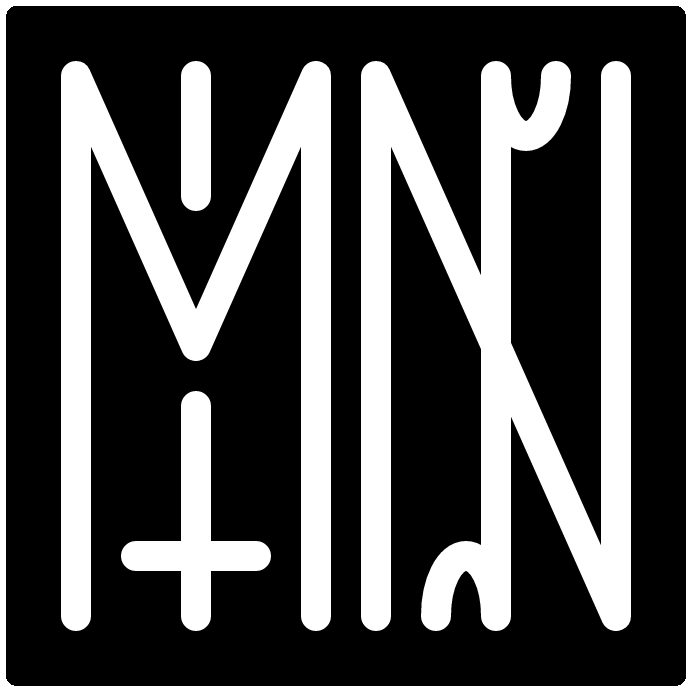ethics
- a set of moral principles
- a theory or system of moral values
- the principles of conduct governing an individual or group

given the distributed nature of the internet, and the fact that fascism is alive and well and on the rise in many places in our world - i think it is worth spelling out explicilty regarding things i do and don’t support. i thought that blood and dust worded the following well:
we are committed to fighting normative violence, fascism, colonialism, and white supremacy in all of its forms. to undermine the capitalist structure and its abusive scripts about human worth in relation to work, productivity, and ownership. to subvert oppressive gender norms and put in question the binary. to actively unlearn biased and colonial thinking. to look inside and face these parts of our darkness, personal and collective, and come out of it with more kindness and compassion. we strive to use our platform to offer connection, solidarity, and support with marginalized folks — people of colour, trans, non-binary, and queer people, disabled folks, women, and people living at the intersections of these identities — and to give back to our communities, local and abroad.
my ethics revolve around  anarchism more generally. but what is anarchism?
anarchism more generally. but what is anarchism?
by anarchist spirit i mean that deeply human sentiment, which aims at the good of all, freedom and justice for all, solidarity and love among the people; which is not an exclusive characteristic only of self-declared anarchists, but inspires all people who have a generous heart and an open mind.
— Errico Malatesta, Umanita Nova,
though more generally, anarchist ethics are fraught with contradiction and complexity (though i have some belief all ethical doctrines are probably complex in their own way). bob green in the essay above makes a useful though broad categorization of anarchists: individualistic, humanitarian and fundamentalistic. as it relates to ethics, i relate to the individualist in the sense that we need to be true to ourselves, and to the humanitarian in the sense that we need to support each other.
in try anarchism for life, cindy milstein writes:
Anarchism, of course, has as many poetic definitions as there are anarchists, which in itself gets at some of its expansive description. For an archaism’s fundamental antagonism to all forms of power-over, even the power over circumscribing the term, and exuberant openness to self-determination mean that the word must stay dynamic, able to flexibly embrace all sorts of liberatory ethics and practices. It can no more be contained than can all the innumerable ways that humans and the nonhuman world engage routinely in forms of mutual aid to not only survive but also thrive. Anarchism is a persistent yearning for and rebellious unfolding toward forms of freedom, which will always be (you guessed it) a journey.
sometimes the word defines its own definition, which can make it difficult to use effectively. other philosophies that interrelate to my understanding of how anarchism informs ethics include:
referenced by:  aspirations
aspirations


 engineering
engineering